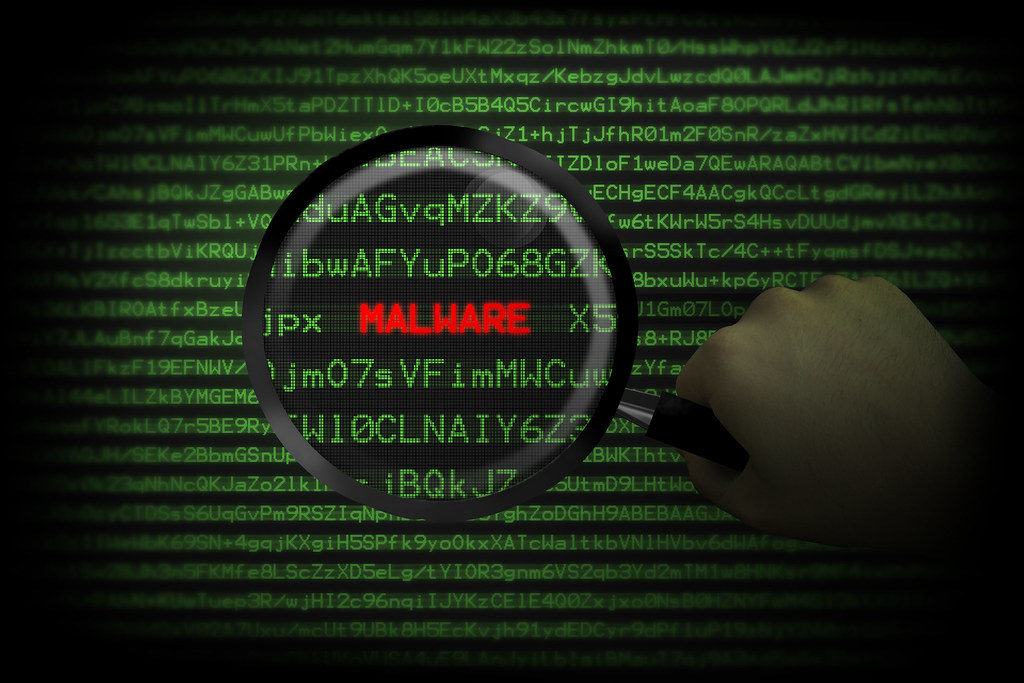Viruses can be devastating for your computer; you could lose valuable work or documents, or become the victim of identity theft. It’s vital to protect yourself online, but what exactly is a computer virus and how do they affect your device? Not all viruses behave in the same way, so if you want to know more, see below for our handy guide.
What is a computer virus?
A computer virus is a malicious piece of computer code, designed to spread from device to device. Viruses are classified as a type of malware and the majority are designed to either damage a device or steal data.
Some viruses harm your computer by damaging programmes, deleting files or reformatting the hard drive. Others crash your system entirely, or some hackers send spam emails with viral attachments to steal your data.
How do they affect your device?
Viruses can range from a mild inconvenience to a serious security breach. It’s important to be aware of the signs to look out for and how a virus might affect your device. You may have a computer virus if you notice any of the following:
- Your computer is slow (including slow to start up and to open programmes)
- Issues shutting down or restarting
- Missing files
- Frequent system crashes and/or error messages
- Malfunctioning antivirus programmes
- Unexpected pop-ups
- Emails sent autonomously from your account.
How to protect yourself
You might be able to recognise a computer virus but how do you protect yourself from exposure in the first place? Luckily, there’s plenty you can do to protect your computer from viruses. Your first step should be installing some form of antivirus software on your device and ensure that it’s always up to date. Antivirus software can also eliminate up to 99% of spam emails, so there’s less chance of a virus even reaching your inbox in the first place.
If you do receive an email from an unfamiliar source, never click to open any links or attachments. The same goes for unfamiliar pop-ups or links; be careful when surfing the web and avoid any website without the secure padlock sign in the top left hand corner.
Finally, be careful when downloading software and only ever download from a trusted source. You might also want to consider using a virtual private network (VPN) if you’re using a public Wi-Fi connection.
Protect your computer from viruses and spam with professional anti spam software from MailCleaner. We are proud to offer a number of flexible packages, suitable for small companies as well as large corporations. Our software eliminates up to 99% of spam, so visit our website today for more information.
